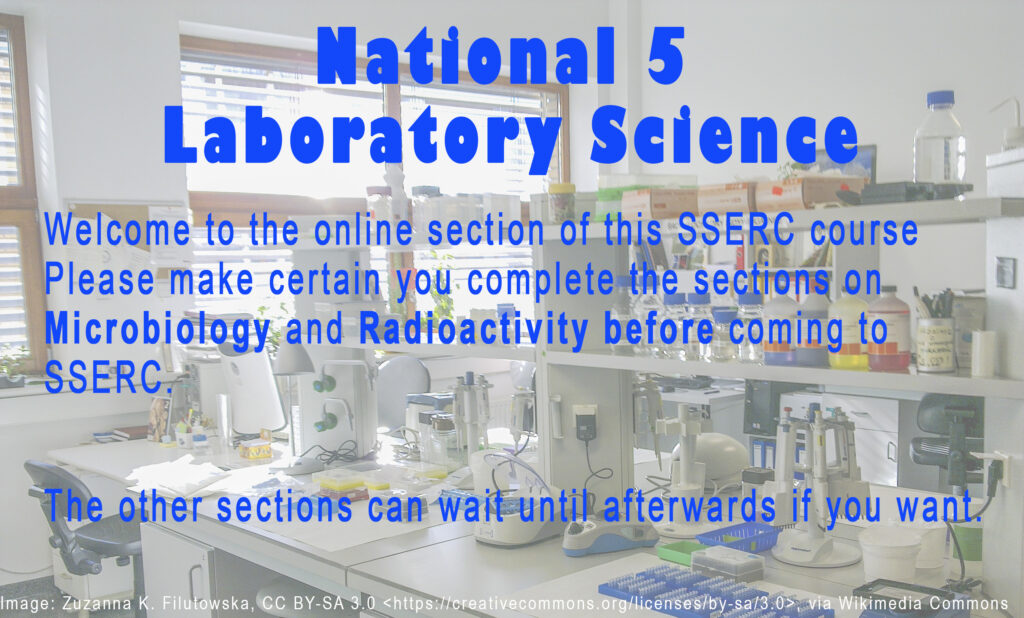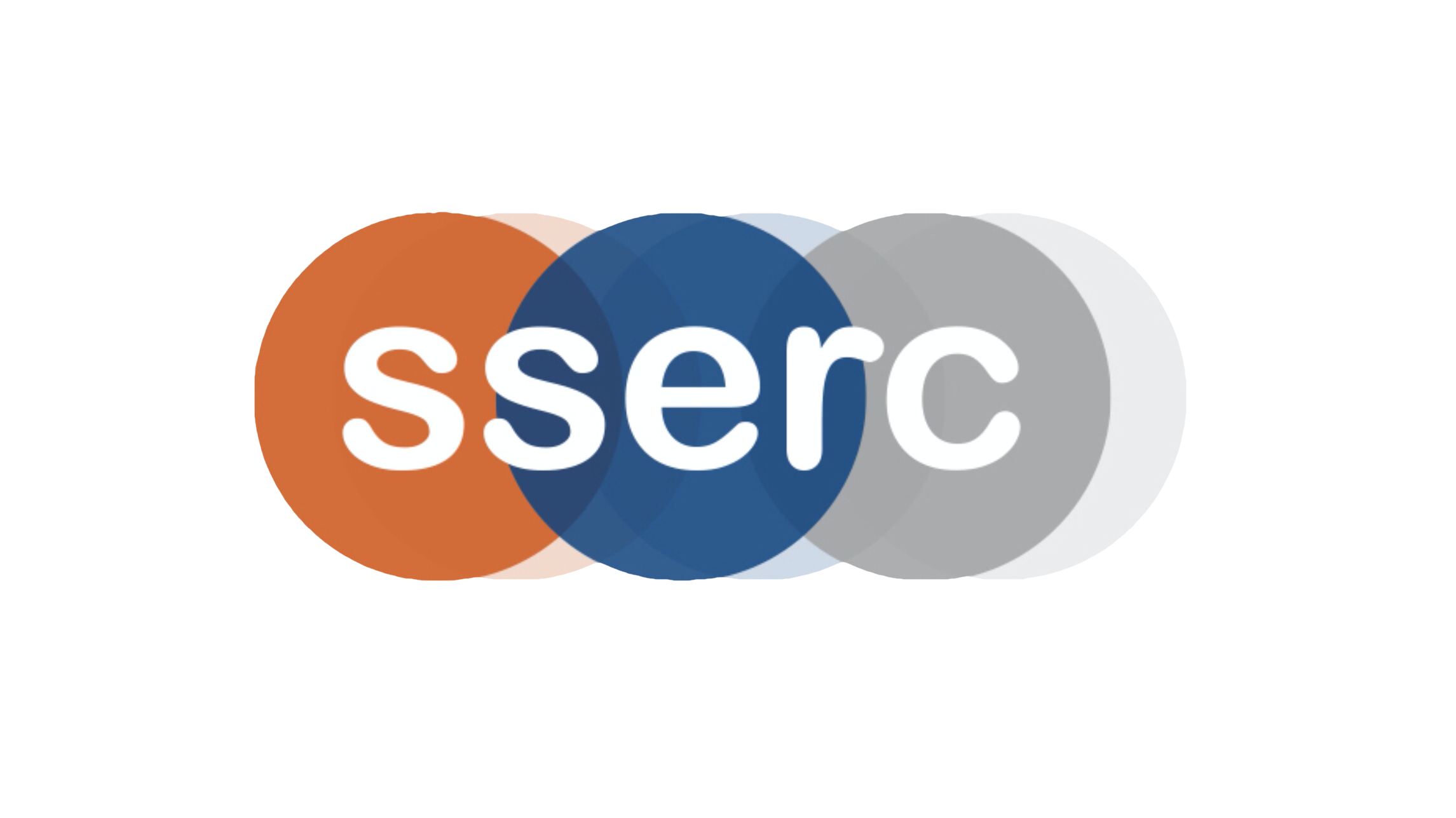
In order to cut down the face to face course to 2 days – to save you both time and money – we have decided that some of the activities we had previously covered in the course at SSERC can be successfully done online.
In this course, you will find sections on Microbiology, Radioactivity, Risk assessment, Labelling and Storing Chemicals, Weighing and measuring and making up solutions. (The latter two include some practical activities but it is not mandatory for you to do these).
The Microbiology and Radioactivity units need to be completed before to come on the course. They contain essential information for you to be able to carry out the activities successfully and safely.
To access the course, enter the code you have been given in the box below.
Sorry! You are not logged in!

There is no box on the page to allow me to enter the course code to be able to access the content before the course starts. Currently running Windows Edge.
There is no box on the page to allow me to enter the course code to be able to access the content before the course starts. Now trying again on Google Chrome.